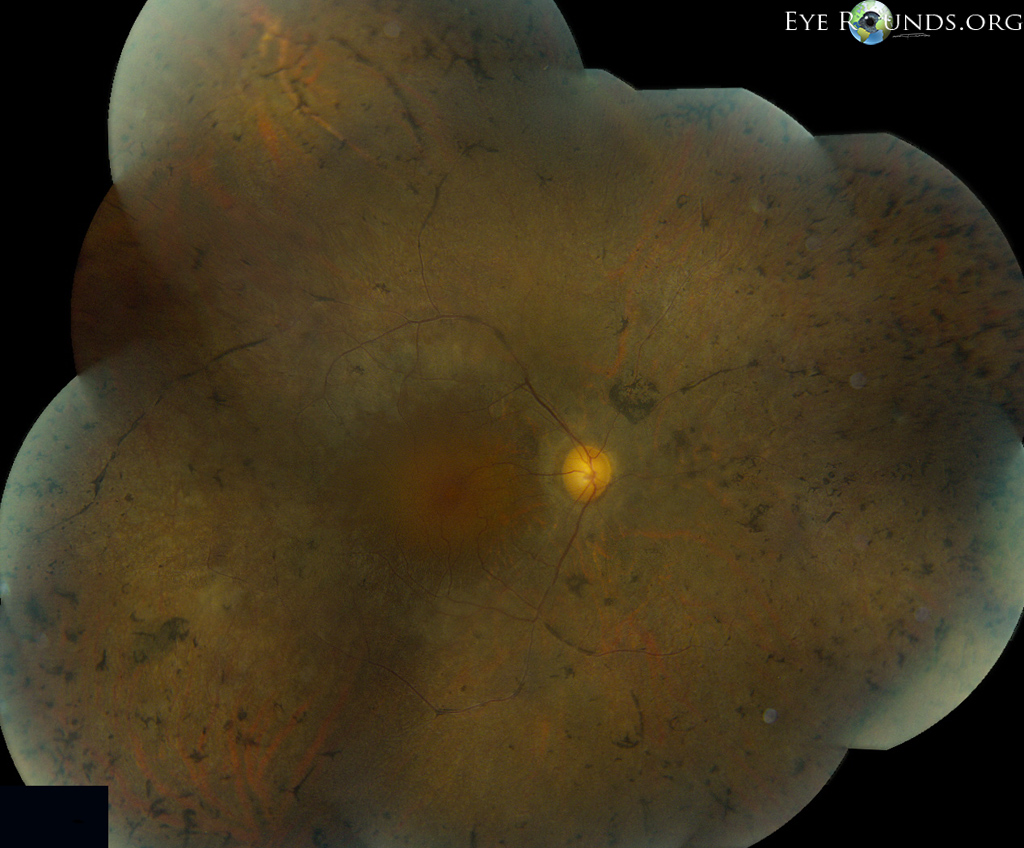

Years of age comprising 5.7% of this group, to 1.3% of the adult population ( Lam et al. Estimates of the prevalence of deaf-blindness can range from 0.015% of the total population, with individuals under 18 Individuals with combined deaf-blindness constitute a small but diverse group ( Anthony 2016). Previous Section Next Section INTRODUCTION

However, additional genes associated with HL and retinal impairment include ALMS1, TUBB4B, CEP78, ABHD12, and PRPS1. In all three the updated genotype more accurately fit the clinical phenotype.īecause USH is the most common form of genetic deaf-blindness, individuals with HL, early vision impairment, and retinal dysfunctionĪre often assumed to have USH. Was noted by age 2 yr, which is unusual for USH. Although HL in all three was consistent with USH type 2, vision impairment with retinal changes Variants in ALMS1 in the first individual and TUBB4B in the second and third. Updated genetic testing showed pathogenic Support an USH diagnosis, and exome analysis was pursued for all three individuals. However, ongoing clinical assessment did not completely Vision loss with clinical and genetic findings suggestive of USH. We present three children with hearing and Is to describe and accurately diagnose non-USH genetic causes of deaf-blindness.

This can be an erroneous assumption, as there are additional genetic causes of deaf-blindness. Usher syndrome (USH) is the leading genetic etiology ofĬongenital deafness combined with progressive vision loss, and individuals presenting with these symptoms are often assumed Hearing loss (HL) is the most common congenital sensory impairment.


 0 kommentar(er)
0 kommentar(er)
